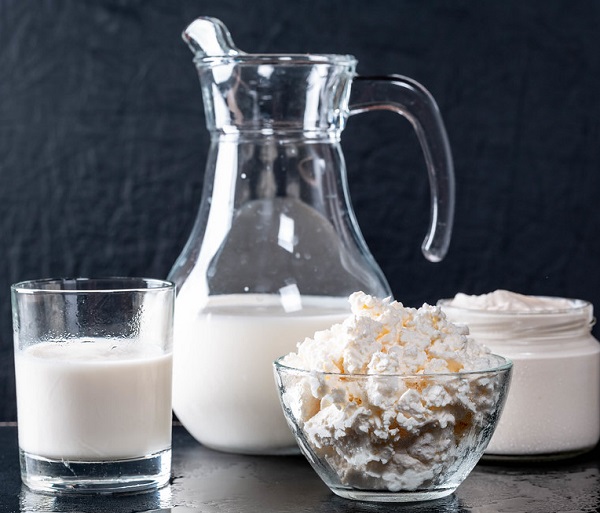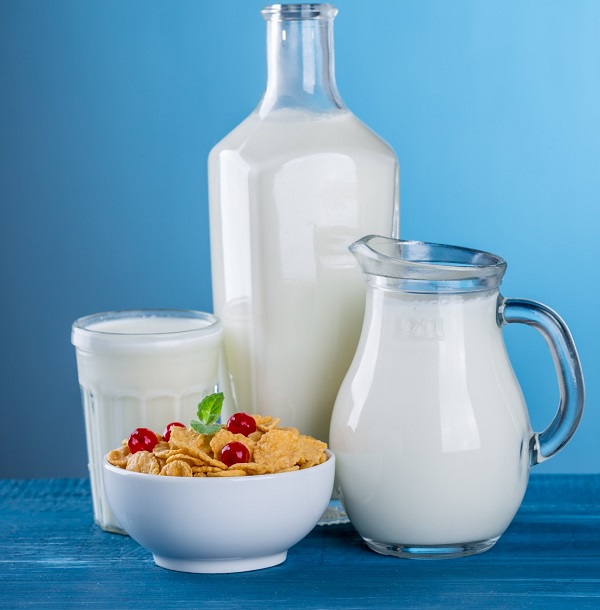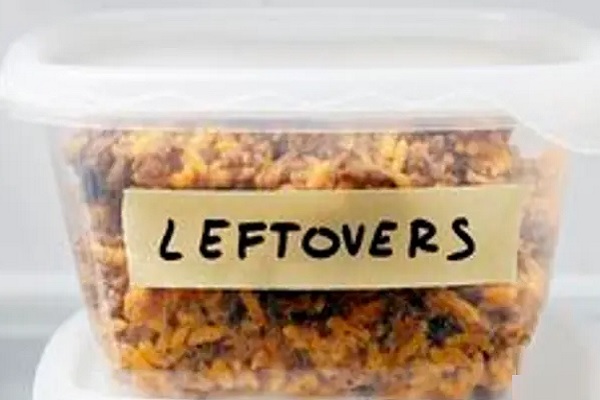
Dairy products literally run the food industry which is why even the vegan industry has worked so hard to get the best versions of vegan milk, cheese and cream. Milk and cheese are vital sources of Vitamin D, calcium and proteins and most importantly, a wide range of antioxidants that your cells need. Dairy products, even vegans are highly perishable and therefore susceptible to contamination. If mishandled, dairy products can easily become the source of serious bacterial and fungal infections. To keep losses to a minimum and stay healthy, you need to be a clean freak when handling dairy products and these 10 tips will help you.
Avoid dairy stored in Transparent and translucent containers
Milk has a delicate combination of nutrients which is why it needs to stay away from heat and direct light until it is ready for consumption. Light triggers chemical reactions in milk that destroys nutrients and cause it to spoil. One of the nutrients lost when milk is exposed to light is riboflavin. You should therefore ensure that the container the dairy product is stored in is opaque to ensure that the nutrients are intact.
Go for the farthest sell-by date
The sell-by date tells you the last day that a product can be offered for sale and that is very important where dairy products are concerned. Milk, all types of cream, yoghurt and soft cheese are especially vulnerable and can only be refrigerated for so long. You should therefore go for the products with the farthest sell-by date which can stay in your kitchen storage for long without going bad. Dairy products also degrade in nutritional value when stored for long so the faster you can consume them, the better.
Carry a cooler with you if you will be travelling for long
Heat and dairy products is a terrible combination which is why many of them get spoiled in transit between the store and the house. If you are transporting your shopping through the hot summer weather, try and come with a cooler to keep the perishables in. You should also carry a cooler if you will be travelling with your dairy products for more than 30 minutes because that is long enough for most fresh dairy products to go bad.
Refrigerate immediately when you get home
Just putting your yoghurt, milk and cream in the refrigerator is not enough. You have to do it promptly ensuring that everything is safely stored in an airtight container and refrigerated as soon as you get home. It is a race against heat and time where dairy products are concerned and you have to be smart about how you store them. Storing milk and cheese in sealed containers prevents them from taking on moisture and flavour from other items in your refrigerator. You should also keep them on the shelves and not the door of your refrigerator to avoid temperature fluctuations when you open and close the fridge/freezer door.
Always keep Dairy products sealed tightly after use
It is normal to use your milk, cheese or cream partially and the rest needs to go back into the refrigerator. When thawing frozen creams, milk or cheese, you should ensure they are thawed safely in the refrigerator. When using only part of the product, you need to ensure that the remaining portion is sealed tightly as soon as possible and put back in the refrigerator to keep it from getting contaminated. Thawing milk products on the kitchen counter is a huge risk as bacteria multiply rapids as the products thaw at room temperature.

Dispose of dairy products that stayed in the open for too long
If you shred half your soft cheese and the rest stays in the open for more than two hours, then you are better off throwing it away because putting that back in the refrigerator won’t save it. The same goes for milk that has overstayed in the open even if it was pasteurized because room temperature is good for the multiplication of bacteria and the last thing you want is to get E.coli or other bacteria from homemade food.
Skim to reduce fat and calories
Organic whole milk from the farm is good and nutritious but high in calories thanks to the cream. You can use the cream as flavour for salads and other foods if you want to. Removing cream from whole milk doesn’t reduce its calcium or Vitamin D content so you don’t have to worry about destroying your milk. Skimming also helps you reduce the cholesterol in milk because the cream carries the biggest load of saturated fat in milk.
Handling mouldy cheese
If your soft, crumbled, sliced or shredded cheese gets mouldy, just throw it away because that mould goes all the way to the inner part of the cheese. The best way to preserve cheese so it doesn’t get mould is to keep it in an airtight wrap because mould needs oxygen to grow. If part of your hard cheese gets mould, you can cut off the part safely up to an inch below the mould while taking care to avoid cutting into the mould as it can contaminate the cheese. If moulding on cheese is extensive, it is safe to discard it.
Always choose pasteurized whenever possible
Pasteurization has offered safe dairy products for over 100 years but some people still opt for raw milk. While processing does strip food of certain nutrients, heating to kill bacteria in milk wouldn’t be considered excessive processing and it doesn’t strip milk of vital nutrients. Pasteurized milk is the safest for all people, especially vulnerable groups including people with chronic conditions, pregnant women and children. Cream and cheese from raw milk does pose a high risk of bacterial contamination.
Be smart about fat and sugar when choosing cheese and butter
The essence of eating dairy products is to stock up on Vitamin D, calcium and other helpful nutrients. Cream cheese, butter and cream are not dairy products at all and they are full of saturated fat, artificial sweeteners and sugar with little to no calcium content in comparison to milk. Flavoured cheese, yoghurt and other heavily processed dairy products also carry excessive sugar and sodium. You should go for natural and whole dairy products for the best nutritional value.








